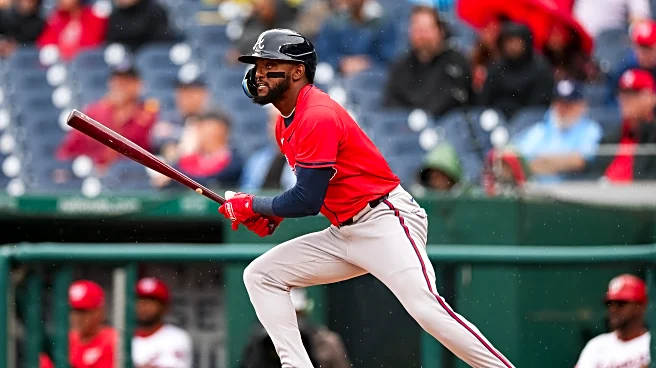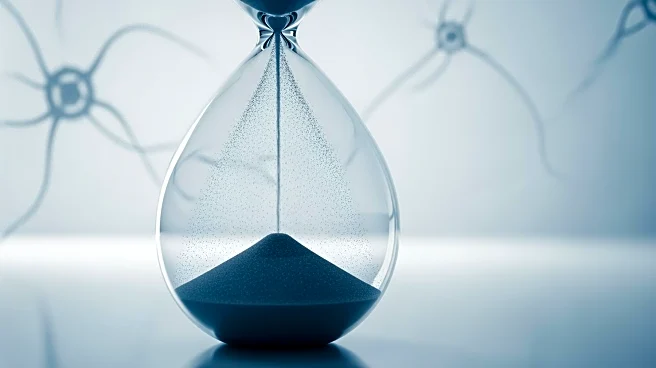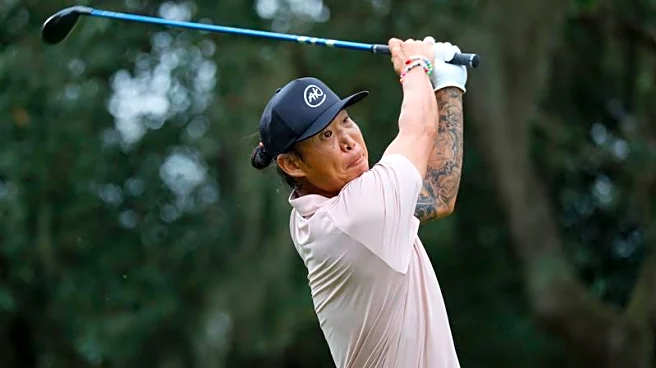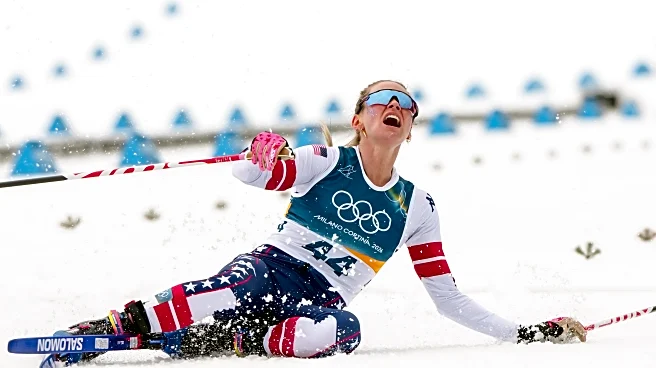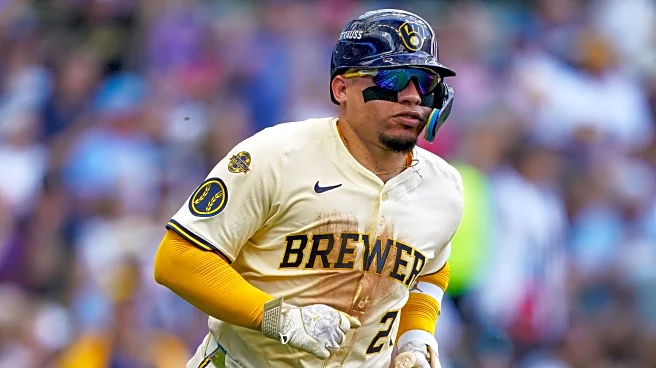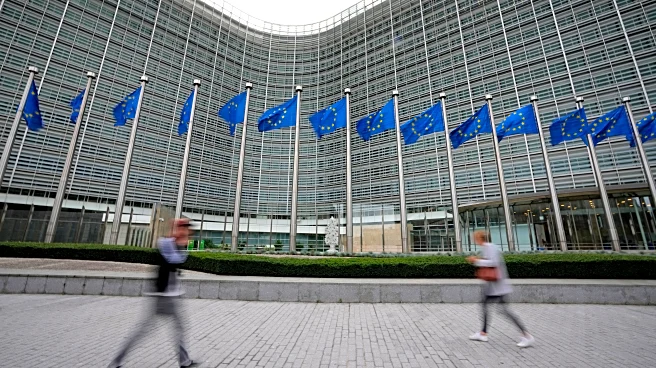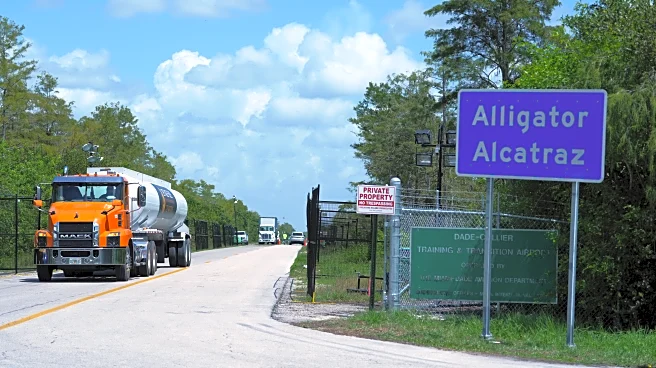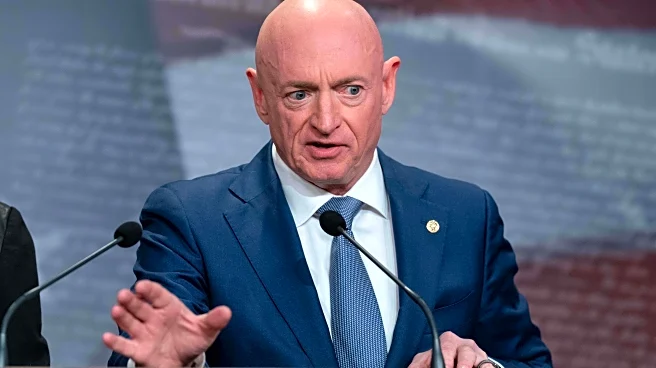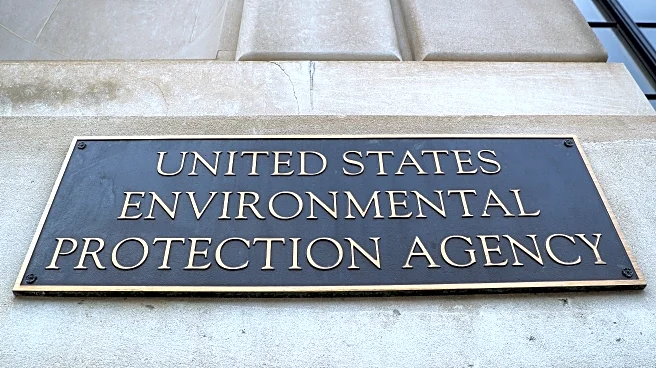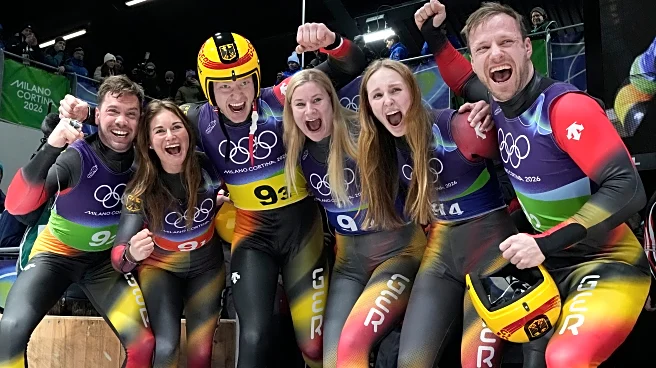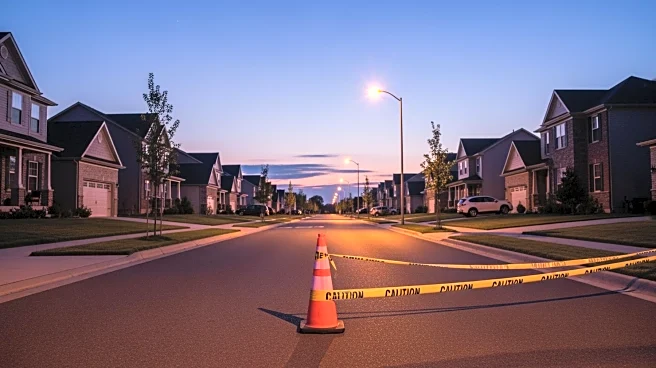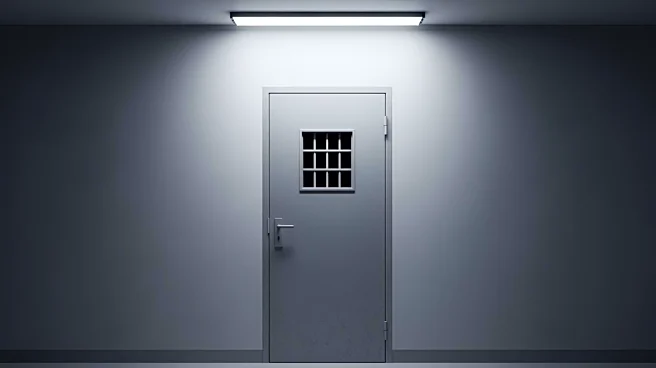It is no secret that the Atlanta Braves struggled at the shortstop position for most of the season. Nick Allen had an elite glove but could not hit. They also struggled with health in the infield, with Austin Riley and Ozzie Albies both missing chunks of time with injuries. The Braves needed some depth, and one of the players that stepped in role for a short time was Vidal Bruján.
How acquired
Vidal Bruján had an interesting season in terms of teams he played for. He played thirty-six games for the
Cubs, but only ten of those were starts. The Cubs were not in need of his services any longer and the Orioles picked him up off of waivers on August 3, only for him to appear in one game for them in which he had one PA. He actually came through with a hit in that at-bat, but the Orioles put him on waivers and the Braves picked him up five days after the Orioles waived him.
What were the expectations?
It was pretty clear that the role he was brought in for was a utility role. He was about as “utility” as they come. With his time with the Cubs, he was used as a PR, PH, DH, RF, LF, CF, 2B, 3B, and SS during that span. The Braves were dealing with multiple injuries in the infield and Nick Allen was not producing at the plate, so it made sense to bring in a guy that could play pretty much anywhere.
That said, Brujan was kind of the least-inspiring type of utility guy. Coming into 2025, he had 550 career major league PAs, and a whopping -2.1 fWAR. His career wRC+ was 51, and his best single season offensively was 2024, when he had a 74 wRC+. He was also a defensive negative despite his “versatility” in three of his four past seasons. Pretty much the only thing he had going for him was that he had a high pedigree given a 50 FV rating from earlier in the decade, and that he was possibly going to hit better than Nick Allen.
2025 results
If you were expecting another disastrous sub-replacement season, then good news: Brujan’s 2025 season went better than expected. He (barely) had the best offensive season of his career, with a 75 wRC+ (though he had a higher xwOBA in 2024). Things were even better in his 47 PAs with the Braves, where he had a nice .333 xwOBA that he underhit into a 98 wRC+. He also played decent defense, such that he ended up with 0.1 fWAR on the season despite starting with -0.2 fWAR while on the Cubs. It was the first above-replacement season of his career.
What went right?
After a change of scenery, he hit much better, while continuing to provide his flavor of versatility, even pitching a couple of innings. In addition to filling in, he essentially played the role of the modern-day pinch hitter for weak offensive players like Nick Allen, and did it fine.
He had a pretty huge hit for the Braves on August 26, hitting a one-out go-ahead double in the ninth in what was then a tie game. The Braves ended up putting a nine-spot in the ninth and won 11-2, but when Brujan had his hit, it seemed like just enough to get them over the hump against one of his former teams.
What went wrong?
It is hard to find much wrong with his season if you are simply looking at how he did in the past versus how he did this season, as he had the best season of his career.
However, his best still wasn’t great, and he was especially awful with the Cubs. The Braves might be hoping that he found some kind of secret sauce in Atlanta, but it was fewer than 50 PAs, so there’s not too much to really hang that hope on at the moment.
In a nice turnaround from when we highlight “best game of season but came in a loss,” Brujan’s worst game of the season came in a contest where he was totally unnecessary, a 5-0 win over the Nationals. Brujan went 0-for-2 with an infield pop-out and a strikeout, with the pop-out coming in a pinch-hit situation with the go-ahead run on third and one out, and the strikeout coming after Drake Baldwin doubled to lead off the tenth and put the Braves ahead. The Braves ended up scoring five runs in the tenth, but unlike his best game of the year, Brujan wasn’t involved at all.
2026 outlook
Bruján hit the offseason with just over three years of service time, making him arbitration-eligible. The Braves could have non-tendered him, but instead went a different route:
A split contract is relatively rare in MLB: it will pay Brujan a set salary while he’s in the minors that’s higher than the “standard” pay scale, and give him some pro-rated portion of an MLB-minimum-or-thereabouts salary in the majors. It is essentially a step up from a minor league contract. Why did the Braves do this? Well, Brujan is out of options, and if removed off the roster, he could’ve rejected an assignment to the minors. This way, if he does reject the assignment, he loses the pay bump inherent in his split deal, so it gives him a little incentive to stick around in the minors and wait for a time when the Braves re-add him to the roster.
It’s also possible that Brujan makes the team as a backup infielder, provided the Braves don’t find any other help they like behind him and Mauricio Dubon in that respect. We also saw last year how bad injuries to star infielders can get. Should we see another injury without the Braves adding another infielder, we can assume by this deal that Bruján will be in play for at least a bench spot with the Braves.
That said, expectations are pretty low. While Brujan will hopefully not be sub-replacement again, he profiles as a pretty generic, potentially below-average bench guy. He’s only 28 so maybe he figures out how to hit a little bit better than his abysmal career line, and the defense has been a question mark for him as well. We’ll see.
